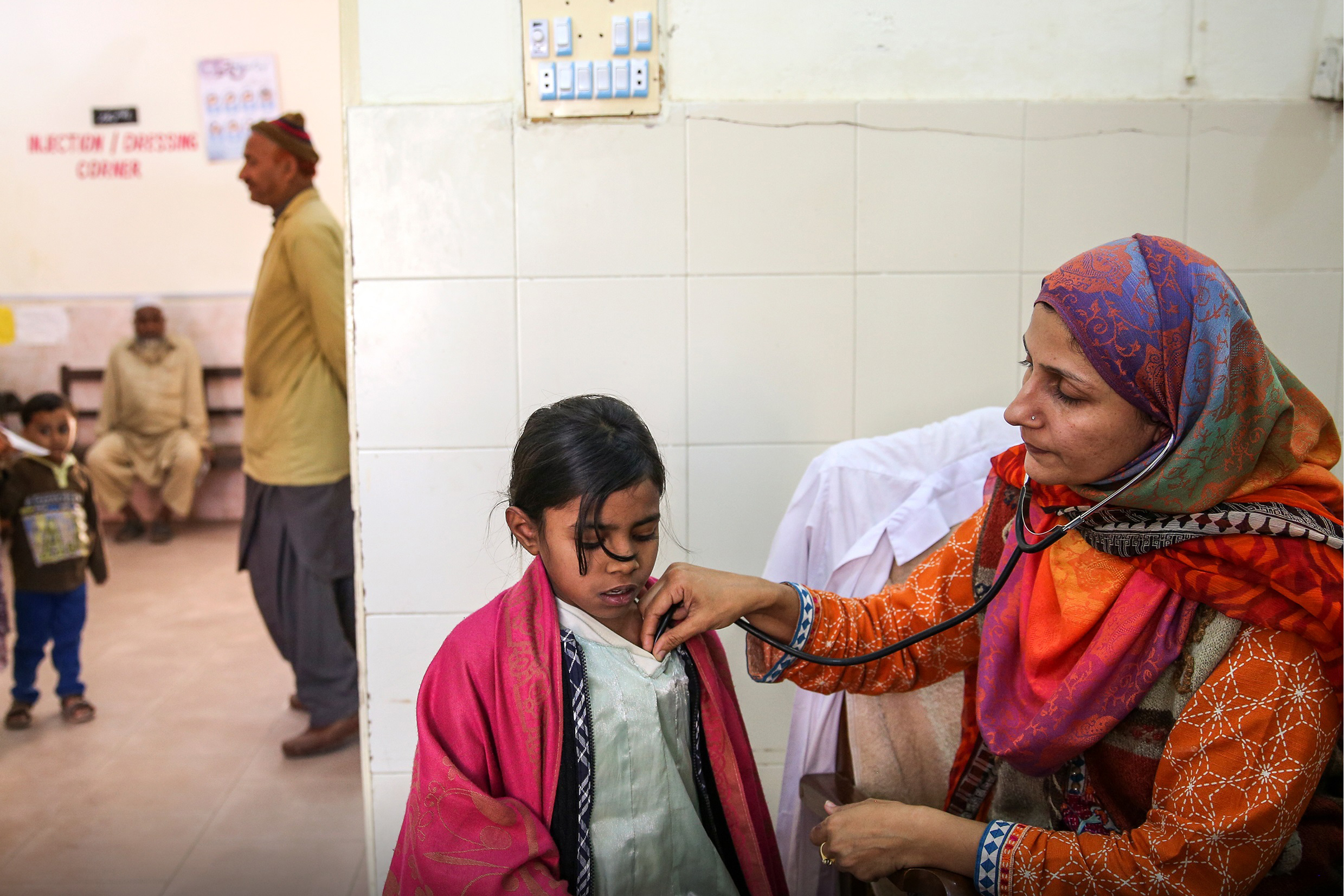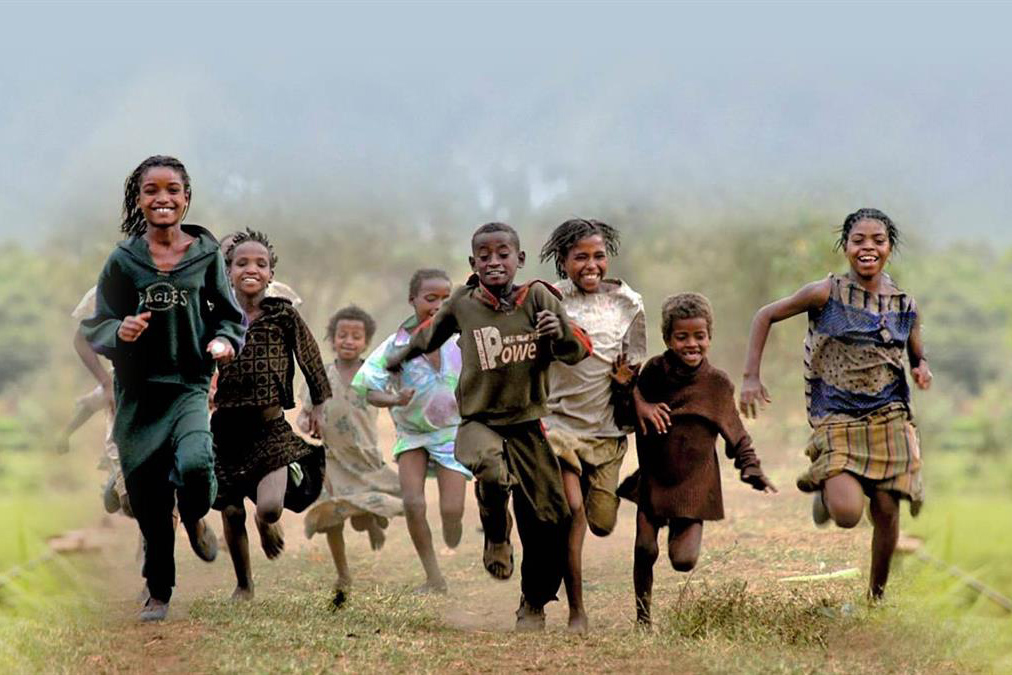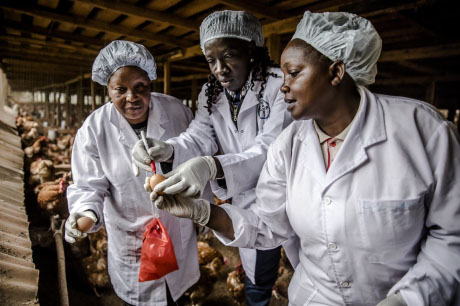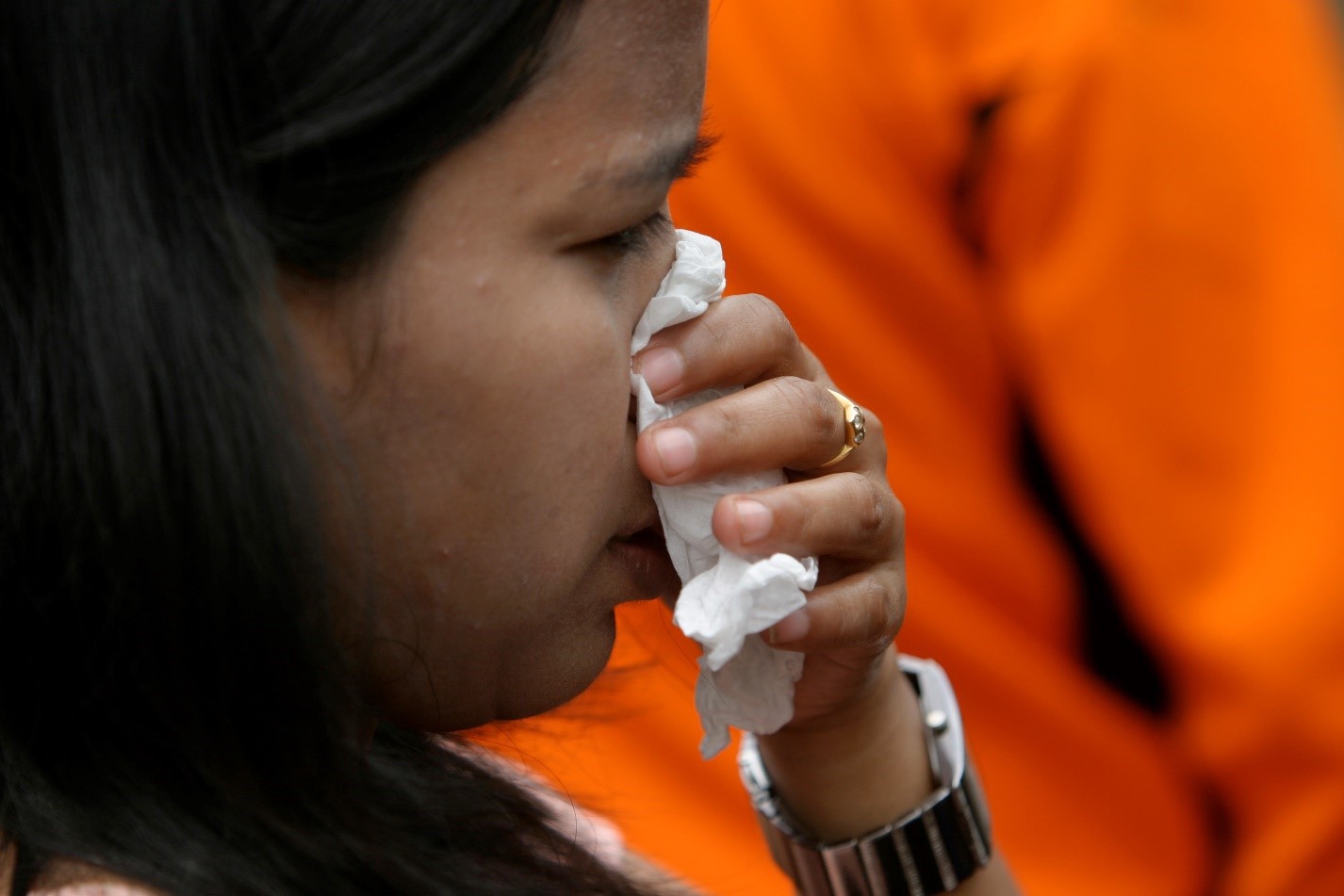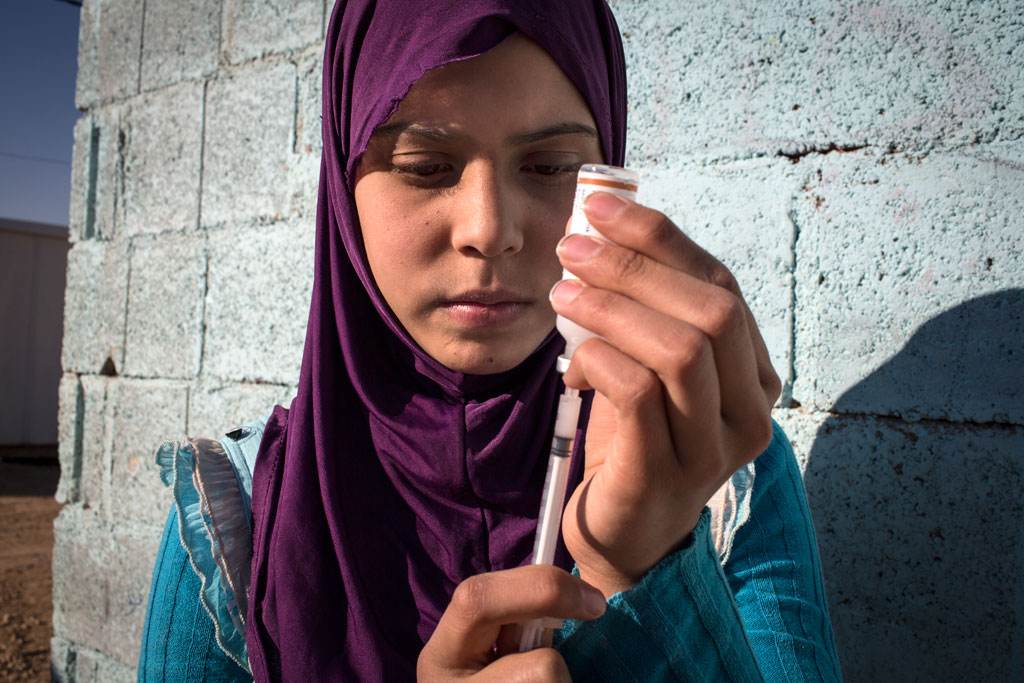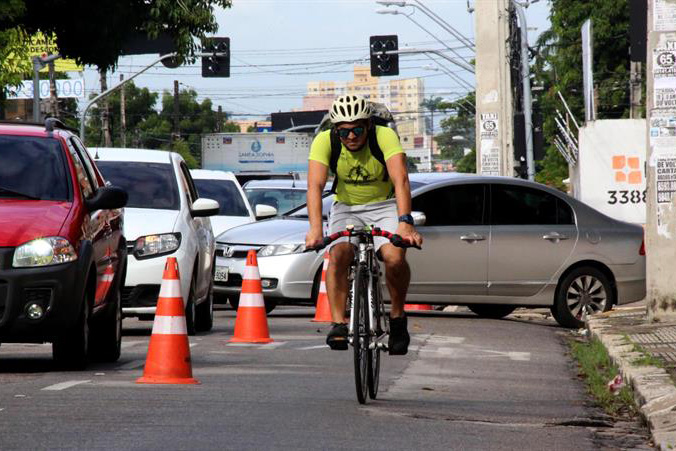Each year on 12 December, for Universal Health Coverage Day, advocates raise their voices to share the stories of the millions of people still waiting for healthcare, champion what we have achieved so far, call on leaders to make bigger and smarter investments in health, and encourage diverse groups to make commitments to help move the world closer to the goal of universal health coverage by 2030. Following the political declaration endorsed by world leaders at the UN High-Level Meeting on Universal Health Coverage in September, the theme for the 2019 campaign is: "Keep the promise.”
Women Leading the Response to HIV in their Communities
Video animation explaining why lead and, in particular, lead paint is a harmful to children and the need for countries to take action to stop this source of exposure.
Have regular check-ups.
Reduce alcohol use.
Quit smoking.
Eat better.
Be more active.
The misuse and overuse of antimicrobials, including antibiotics, is causing a growing problem called antimicrobial resistance. Every time we use antimicrobials to treat infections - in people, animals and plants - these germs have a chance to adapt to the treatment, making those medicines less effective over time. These resistant germs can cross borders and continents, spreading between people, animals and the environment. Because of this, the world’s farmers have a key role in fighting antimicrobial resistance.
Each year, millions of people come down with flu. Most recover within a week, but for an unlucky few, flu can be deadly. Here’s how you can protect yourself, and those around you.
Diabetes is a chronic, metabolic disease characterized by elevated levels of blood glucose (or blood sugar), which leads over time to serious damage to the heart, blood vessels, eyes, kidneys, and nerves. For people living with diabetes, access to affordable treatment, including insulin, is critical to their survival. The focus for World Diabetes Day 2019 is on Family and Diabetes, raising awareness of the impact that diabetes has on the family and support network of those affected and promoting the role of the family in the management, care, prevention and education of diabetes.
Twenty-five years ago, the world was a different place. Incredible progress has been made in so many areas. So why haven’t we seen as much progress for women’s health and rights?
On the 25th anniversary of the ground-breaking International Conference on Population and Development (ICPD), the Nairobi Summit (12-14 November) will seek actionable commitments to address gender-based violence and uphold the right to sexual and reproductive health care.
A new report by the World Health Organization offers guidance and tools for urban leaders to tackle some of the leading causes of death in cities, including non-communicable diseases and traffic injuries.
Each November, World Antibiotic Awareness Week (18 – 24 November) aims to increase global awareness of antibiotic resistance and to encourage best practices among the general public, health workers and policy makers to avoid its further spread. Since their discovery, antibiotics have served as the cornerstone of modern medicine. However, the persistent overuse and misuse of antibiotics in human and animal health have encouraged the emergence and spread of antibiotic resistance.
The International Atomic Energy Agency (IAEA) and St. Jude Children’s Research Hospital are joining forces to combat childhood cancers in developing countries.

